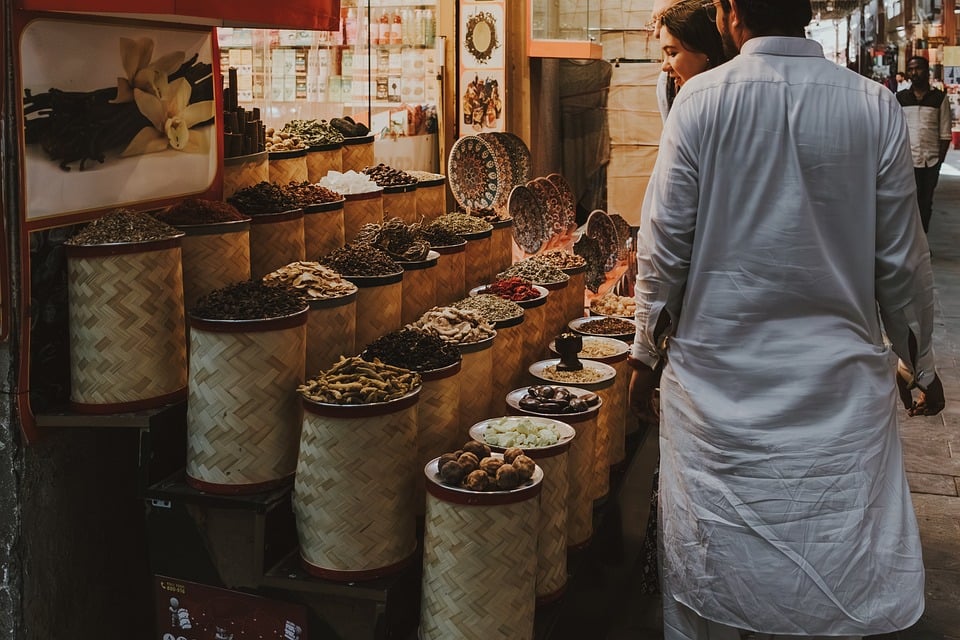Located in the northeastern region of Spain, the town of Teruel is known for its rich cultural heritage and traditions. One of the most unique and fascinating celebrations in Teruel is La Vaquilla del Ángel, a festival that dates back centuries and continues to be a beloved event in the town.
The History of La Vaquilla del Ángel
La Vaquilla del Ángel, which translates to “The Little Bull of the Angel,” has its origins in the 13th century when a young bull was released to run through the streets of Teruel during the town’s festivities. Over the centuries, the festival evolved into a more elaborate event, incorporating music, dance, and theatrical performances.
The Festivities
La Vaquilla del Ángel takes place in early July and lasts for several days. The main highlight of the festival is the running of the bull, where a small bull is released into the streets and participants try to outrun it. While this may sound dangerous, the bull used in the festival is not harmed and is specially chosen for its docile nature.
In addition to the running of the bull, La Vaquilla del Ángel features parades, music concerts, theatrical performances, and traditional dances. The town comes alive with colorful decorations, costumes, and street vendors selling local delicacies.
The Symbolism of La Vaquilla del Ángel
Throughout the festival, various symbolic elements are present that reflect the history and culture of Teruel. The bull, for example, has long been a symbol of strength and resilience in Spanish culture, and its presence in the festival is a reflection of these values. The angel, on the other hand, represents protection and guidance, adding a spiritual element to the festivities.
Local Traditions
La Vaquilla del Ángel also incorporates various local traditions that have been passed down through generations. These traditions include the wearing of traditional costumes, the singing of folk songs, and the performance of traditional dances. These elements help to connect the present-day festival to its historical roots and give participants a sense of pride in their cultural heritage.
Modern-Day Celebrations
In recent years, La Vaquilla del Ángel has become not only a local tradition but also a major tourist attraction. Visitors from all over Spain and beyond come to Teruel to witness the vibrant festivities and experience the rich cultural heritage of the region.
Impact on the Community
The festival has had a positive impact on the community, both economically and socially. Local businesses benefit from the influx of tourists, and the festival brings the townspeople together in a spirit of celebration and unity. The festival also serves as a platform for local artists, musicians, and performers to showcase their talents and promote the arts in Teruel.
Preserving Tradition
Despite its growing popularity, La Vaquilla del Ángel remains rooted in the traditions and customs of the past. Efforts are made to preserve the authenticity of the festival, with organizers working closely with local historians and cultural experts to ensure that the event stays true to its origins.
Education and Outreach
In addition to preserving tradition, the festival also serves as an educational tool for the younger generation. Schools in Teruel often incorporate lessons about the history and significance of La Vaquilla del Ángel into their curriculum, helping to instill a sense of pride and appreciation for the town’s cultural heritage.
Conclusion
La Vaquilla del Ángel is a unique and vibrant celebration that showcases the rich cultural heritage of Teruel. Through its colorful festivities, symbolic elements, and local traditions, the festival brings the townspeople together in a spirit of celebration and unity. As La Vaquilla del Ángel continues to evolve and grow in popularity, it remains true to its origins, preserving the traditions of the past while embracing the present.
